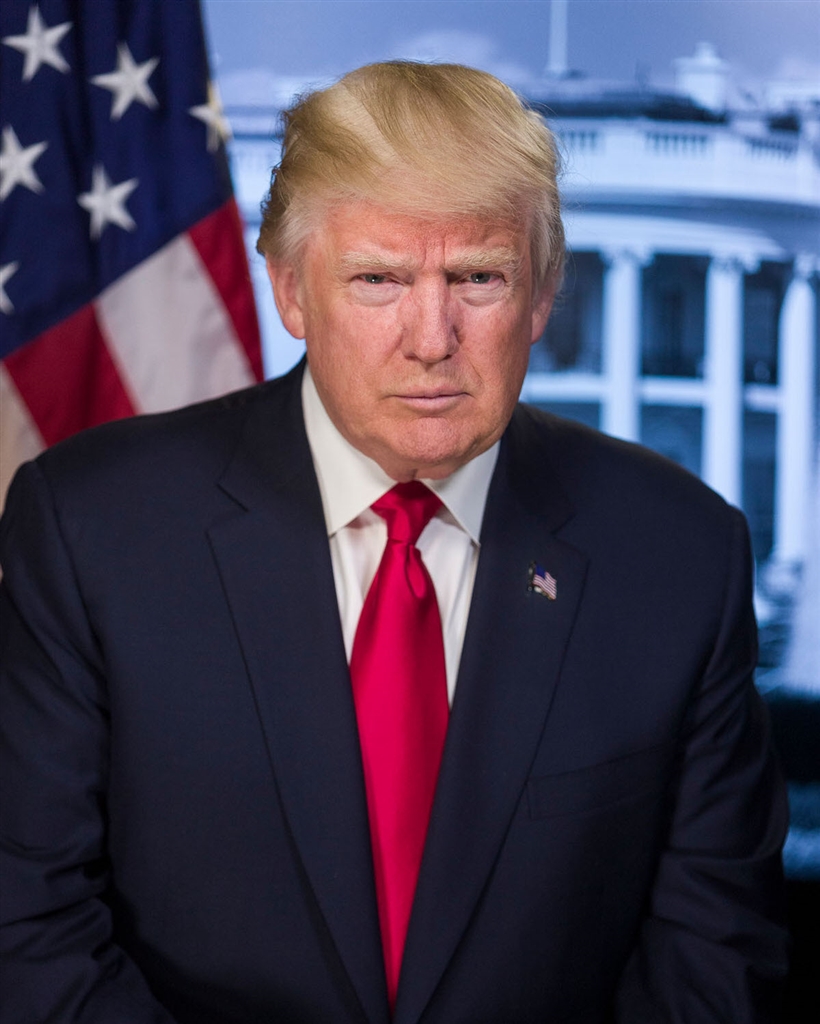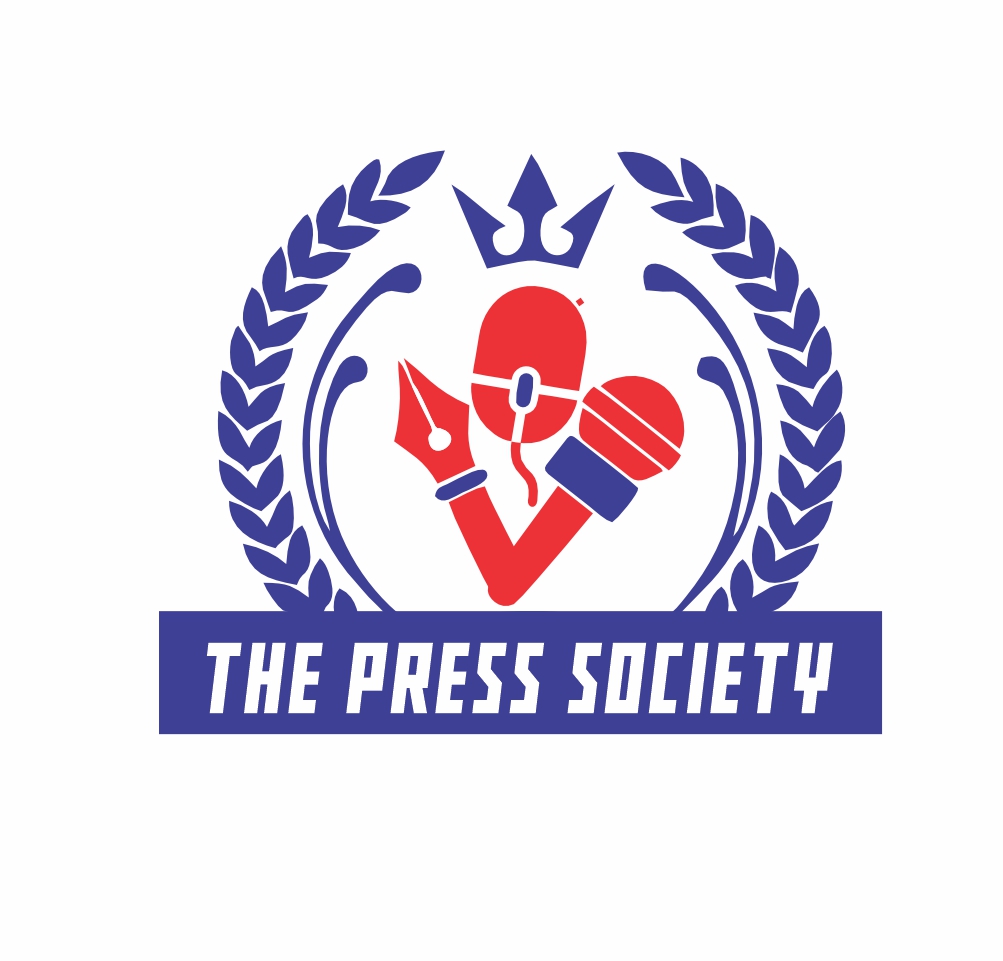 The blueprint for an unprecedented American retreat from global engagement emerged today as former President Donald Trump unveiled a seismic proposal to slash foreign aid by 75%, gut the State Department’s budget by half, and completely sever funding for the United Nations, NATO, and over twenty international organizations. This dramatic “America First” financial manifesto, if implemented, would represent the most sweeping dismantling of U.S. international commitments since the isolationist era of the 1930s, sending shockwaves through diplomatic circles and potentially redrawing the geopolitical map.
The blueprint for an unprecedented American retreat from global engagement emerged today as former President Donald Trump unveiled a seismic proposal to slash foreign aid by 75%, gut the State Department’s budget by half, and completely sever funding for the United Nations, NATO, and over twenty international organizations. This dramatic “America First” financial manifesto, if implemented, would represent the most sweeping dismantling of U.S. international commitments since the isolationist era of the 1930s, sending shockwaves through diplomatic circles and potentially redrawing the geopolitical map.
At the heart of the proposal lies a fundamental reimagining of America’s role on the world stage—one where financial contributions to multilateral institutions would be replaced by what Trump described as “transactional partnerships that actually benefit American taxpayers.” The plan would effectively turn the State Department into a shadow of its former self, with deep personnel cuts anticipated alongside the shuttering of numerous overseas missions. Traditional allies in Europe and developing nations reliant on U.S. aid would face brutal financial reckonments overnight.
The targeted organizations read like a who’s who of global governance: beyond complete defunding of UN agencies and withdrawal from NATO’s financial structure, the hit list reportedly includes the World Health Organization, World Trade Organization, and various climate change initiatives. Trump framed these cuts as necessary corrective action against what he called “globalist money pits,” but foreign policy experts warn of catastrophic ripple effects—from collapsed humanitarian programs to power vacuums that adversaries like China might eagerly fill.
Reaction from Capitol Hill split sharply along partisan lines, with Trump allies heralding the proposal as long-overdue fiscal discipline and opponents decrying it as dangerous isolationism. The plan’s viability hinges on the November election results, but its mere announcement has already injected volatility into international relations, with several recipient nations quietly exploring alternative alliances. As the world grapples with the potential implications, one reality becomes clear: America’s traditional role as leader of the liberal world order may be entering its most dramatic transformation in modern history.





